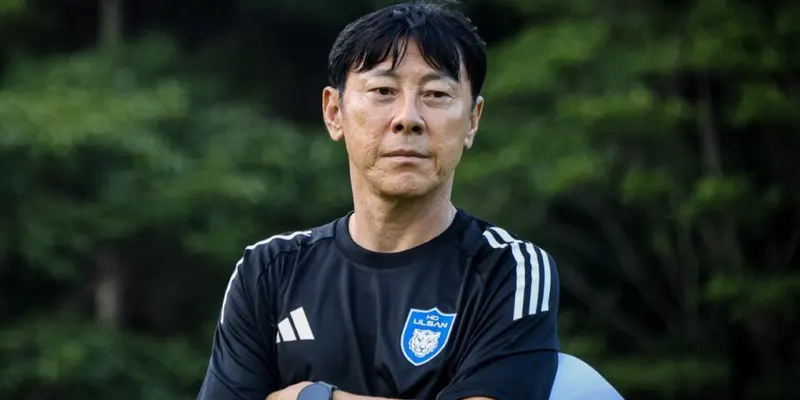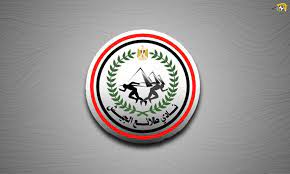
Shin Tae-yong is a visionary in Asian football, merging sharp tactics with a relentless drive to innovate. From South Korea’s leagues to the international stage, he has transformed modern coaching with creativity and discipline. Known for nurturing talent and inspiring squads, Shin Tae-yong also emphasizes resilience, focus, and ambition. His leadership shapes the future of football, and platforms like socolive trực tiếp highlight his influence in developing teams and strategies that redefine the game across Asia.
Shin Tae-yong’s Coaching Philosophy and Strategies
At the core of Shin Tae-yong‘s coaching philosophy is the belief that tactical flexibility and mental resilience are crucial for success. He advocates for a balanced approach that emphasizes solid defensive organization while fostering quick, precise attacking plays. His strategies often include positional fluidity, which allows players to adapt dynamically during matches, keeping opponents guessing and maintaining control.
Furthermore, Shin Tae-yong champions the importance of meticulous preparation and psychological readiness. He insists that success depends not just on physical fitness but also on mental toughness. This holistic approach enables his teams to remain calm under pressure and execute game plans effectively in high-stakes situations. His strategies often involve rigorous analysis of opponents’ patterns, specific set-piece tactics, and fostering a collaborative team environment—elements that have consistently yielded positive results across his coaching career.
A Timeline of Shin Tae-yong’s Career Achievements
Shin Tae-yong‘s career is marked by a series of milestones that showcase his evolution as a coach. His journey began in the early 2000s as a coach in various domestic clubs, where he gained reputation for tactical insights. A key turning point was his appointment as the head coach of the South Korean U-20 team, where he led the squad to impressive performances in Asian tournaments, earning accolades for developing young talent.
In 2017, his appointment as the head coach of the South Korea national team marked a significant chapter, highlighting his recognition at the highest levels. Under his leadership, the team qualified for the 2018 FIFA World Cup and performed commendably, especially in the group stages. Later, his ventures outside Korea, including coaching roles in Indonesia with Persija Jakarta and the Indonesian national team, expanded his influence and demonstrated his versatility in managing diverse football cultures. His achievements illustrate a trajectory of strategic growth and adaptability that cements his reputation as a rising coaching star.
Analyzing Shin Tae-yong’s Key Matches
Shin Tae-yong‘s coaching career is punctuated with pivotal matches that showcase his tactical acumen. One notable example is South Korea’s performance during the 2018 FIFA World Cup, where his team showcased disciplined defending and swift counterattacks, especially against Germany, a former champion. His tactical adjustments to neutralize Germany’s offensive threats and exploit defensive vulnerabilities were lauded as a demonstration of his tactical flexibility.
Another significant match was when he led the Indonesian national team to qualify for the 2023 AFC Asian Cup, overcoming formidable rivals with strategic gameplay rooted in proven defensive solidity and rapid transition play. Analyzing these encounters reveals his emphasis on exploiting opposition weaknesses while minimizing his team’s vulnerabilities, a hallmark of his coaching approach. His ability to tailor tactics on the fly and motivate players under pressure makes these matches exemplary case studies of his coaching prowess.
The Road to Success: Shin Tae-yong’s Journey
Shin Tae-yong‘s journey to becoming a sought-after coach is a narrative of perseverance and strategic learning. Starting his career in smaller Korean clubs, he gradually built his reputation through a combination of innovative tactics, disciplined management, and an unwavering focus on player development. His experience in different coaching environments nourished his adaptability, allowing him to thrive in both domestic and international contexts.
An essential aspect of his journey was his time working with youth teams and national squads, where he learned to cultivate talent and instill a winning mentality. His resilience was further demonstrated when facing setbacks, such as team losses or tough tournaments, which he used as opportunities for growth. These experiences fueled his growth into a coach capable of handling diverse challenges, ultimately earning him respected positions and opportunities to lead national teams outside South Korea, notably in Indonesia, where he continued to build his legacy.
Shin Tae-yong’s Influence on Young Talents
Shin Tae-yong has demonstrated a keen eye for nurturing young talents, emphasizing technical skills, tactical awareness, and mental toughness. His approach often involves integrating youth players into senior squads early, providing them with invaluable experience and confidence. This philosophy helps bridge the gap between youth development programs and professional performance, ensuring sustained growth for individual players and national teams alike.
More profoundly, Shin Tae-yong‘s mentorship fosters a culture of professionalism and strategic thinking among young talents. His focus on early tactical education encourages players to think critically and adapt within complex game situations. This influence elevates the overall caliber of players emerging under his guidance, contributing to more competitive national teams. His efforts in youth development have inspired coaches and organizations, highlighting the integral role of mentorship in shaping the future of football.
Challenges Faced by Shin Tae-yong in His Coaching Career
Throughout his career, Shin Tae-yong has encountered numerous obstacles ranging from cultural adaptations, language barriers, and high-pressure expectations. Transitioning between different football environments, especially in Indonesia, required him to navigate unfamiliar football infrastructures and integrate into a different sporting culture. Balancing respect for local traditions with implementing modern tactical standards was a continuous challenge that tested his adaptability and diplomatic skills.
Moreover, facing intense scrutiny from fans and media, particularly during transitional phases or after disappointing results, added psychological pressure. His resilience in these moments — maintaining focus, refining tactics, and fostering team cohesion — reflects his strength as a leader. Overcoming these hurdles has not only advanced his reputation but also reinforced his reputation as a pragmatic and resilient coach capable of transforming challenges into growth opportunities.




